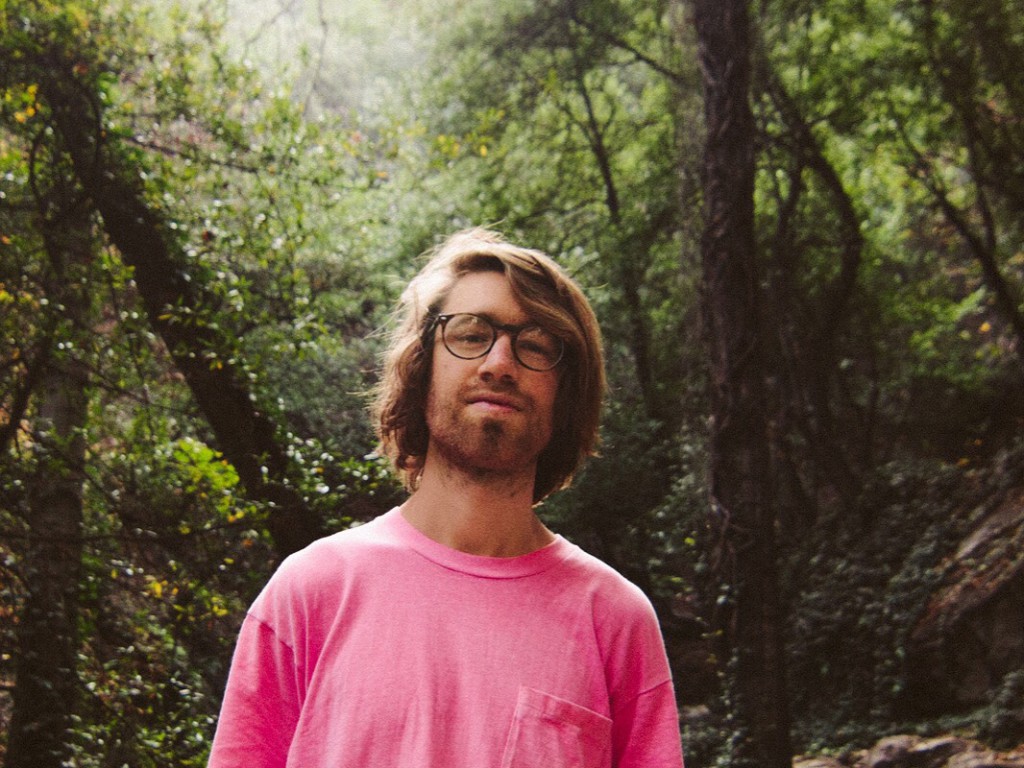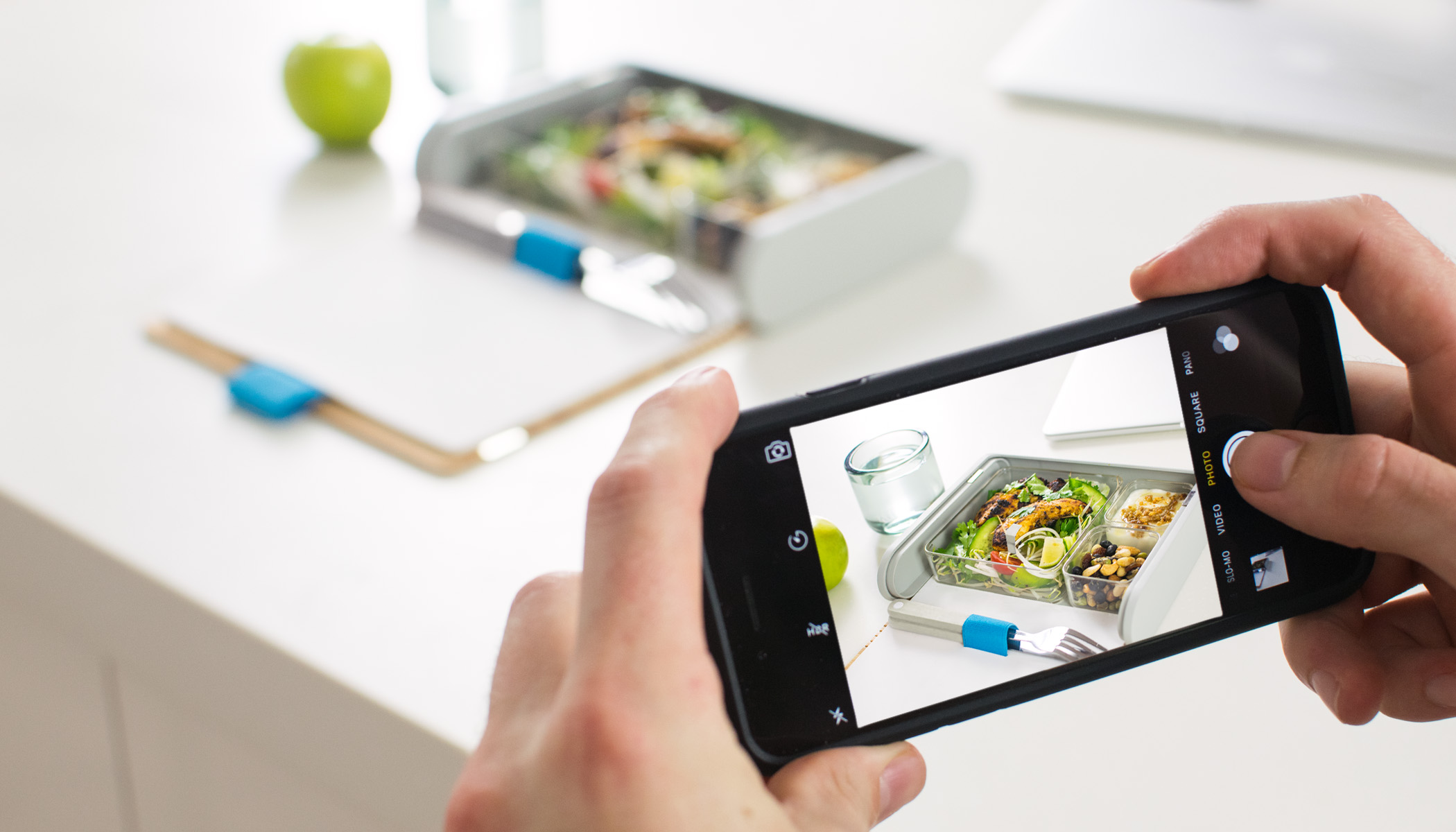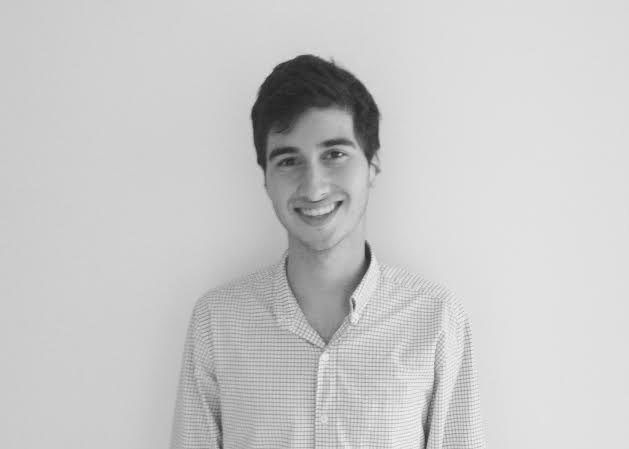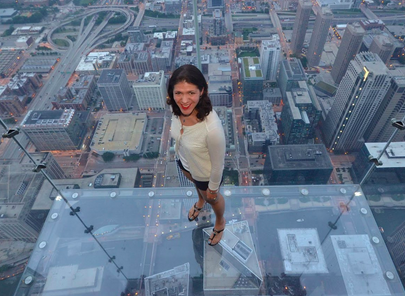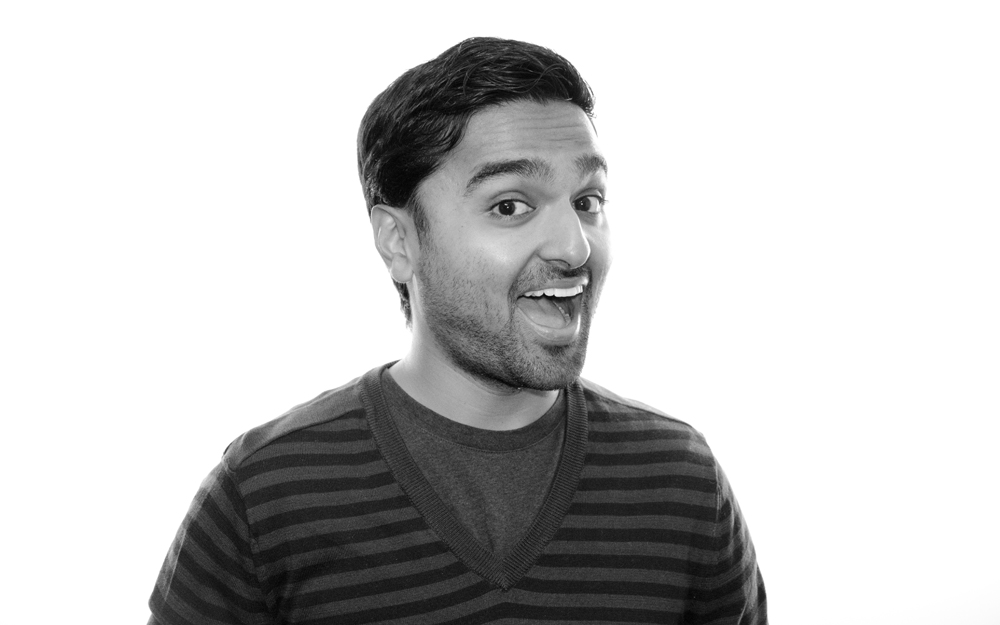
From engineer to environmental conservationist — and back again. Sara Laffin started her studies as a marine engineer in college, but after leading a chainsaw crew at a conservation corps, she’s now applying both experiences to her role at Citibank as a software engineer. Learn how she used General Assembly’s Software Engineering Immersive to launch her career in tech and help make way for more women in STEM.
I studied marine engineering in college at the University of Michigan. My mom is from Greece, and we would go visit her family almost every year (which included a lot of time spent on boats). I held a variety of roles in the marine engineering field, mainly in the form of internships, but after so many years on virtual boats, I was ready for a break.
Next, I spent three seasons on conservation crews under AmeriCorps, mainly on national lands in Colorado. Managing crews — and a chainsaw — presented obstacles that helped me grow in unimaginable ways. GA helped me return to my engineering roots in the form of a software engineer. Now, I’m working at Citibank as an entry-level Angular developer.

What were you doing before you came to GA? What was difficult or dissatisfying about it that prompted you to make a change?
I started at GA in Washington, D.C. about two months after my last season with AmeriCorps. On the practical side, I was looking for health care, retirement savings, and year-round work.
What was it about software engineering specifically that intrigued you to explore it as a career? What were the defining moment/s that pushed you to move forward?
My brother and his wife are both in the tech industry! I also really enjoyed the programming classes I took in high school and college. I liked the idea of remote work opportunities as well, since I like to travel and spend quality time with loved ones. Also, the short time span (three months) of the Immersive bootcamp was very enticing.
What motivated you to choose GA over other programs?
Good online reviews, the outcomes program, the Catalyst program, and proximity of a campus to my brother’s house motivated me to choose GA in Washington, D.C.
What was the best thing about SEI for you? And the GA experience overall, both during and after?
Paula Bannerman, our instructional associate, was the highlight of my D.C. campus experience. Everyone in that building was lovely, but she really went above and beyond to make me feel welcome. After graduation, some highlights were meeting up on Zoom with classmates, going to virtual events, and becoming part of a large global community. I look forward to the in-person graduation ceremonies whenever they start again!
Since you graduated in April 2020, the COVID-19 pandemic happened halfway through the program. How did you stay resilient, especially with the state of the job market at that time?
My classmates and family really helped! Meeting for “stand-up” on Zoom every morning with a few people I graduated with at GA helped me set intentions and feel connected. My brother also helped with interview prep and advice.
How has GA been a resource to you in terms of finding a job after completing your program?
Meeting with career coaches for one-on-one sessions, specifically Griffin Moore, helped ease my mind about materials, confidence, and actionable items. Whenever cover letters cross my mind, I remember Griffin’s advice: “Think of them as a quest to get to know yourself and the company better.”
How do you think your background in engineering and environmental conservation programs prepared you for your current role?
My engineering degree required programming and lots of math which helped me with logic, for-loops, conditionals, etc. My work in the conservation corps had a huge impact on my soft skills. Working with teams, confidence, and grit are all important in my current role.
How did the skills you learned at GA help you in your current role as a software engineer?
As a front-end developer, I use a JavaScript framework (including HTML and CSS) for all of my coding work. And Git! I’ve taught so many people at my job about Git not realizing people who have a coding background don’t always have Git experience. I’m thankful we had to use it for every assignment. The full-stack part of the course has also helped me communicate across teams, including backend, database, and design teams.
Being a male-dominated field, can you describe your experience as a woman studying to become a software engineer at GA?
In our starting class, I think we had about five women out of 30 students. When we were on campus, it was so nice to have those ladies around! I definitely wouldn’t have had as much fun or support if they weren’t there.
What do you love most about your current role?
I love working with people, pair programming, and sharing productive ideas. I’m also a mentor for a high school intern at the moment, and I love chatting with her. Helping the next generation of women in technology is important to me, and I try to contribute when I can. I’m so thankful my company invests in women in technology programs.
With your background, you don’t strike us as the sit-down-at-the-office type. How was the transition from a physically demanding job to a tech-driven one? How do you keep that sense of adventure in your work?
I have lost so much muscle in the transition! I miss the team building that comes from physical exertion and shared meals. We would all camp together at the worksite for eight days at a time, trading off cooking responsibility.But keeping the sense of adventure amid a pandemic has been tricky. Since weekend trips were out of the question, I decided to live for a few months in various locations, usually at a loved one’s home but working remote all the while. So far, I’ve stayed in five different states in the U.S., and currently, I’m over in Greece with my mom. It’s nice to see her and try out the second shift (around 5 p.m.–1 am. local time). My love and gratitude go out to my friends and family for helping and hosting me.
As a woman in tech, what advice do you have for other women who are trying to break into the industry?
My go-to advice is from my college: “Those who stay will be champions”. Follow your passion, have a seat at the table, and help others to do the same. Imagine all the women after you who will be thankful for you. And for anyone who hasn’t heard of whisper networks, look it up and ask around. We are not alone and there are support networks waiting to welcome you in.






